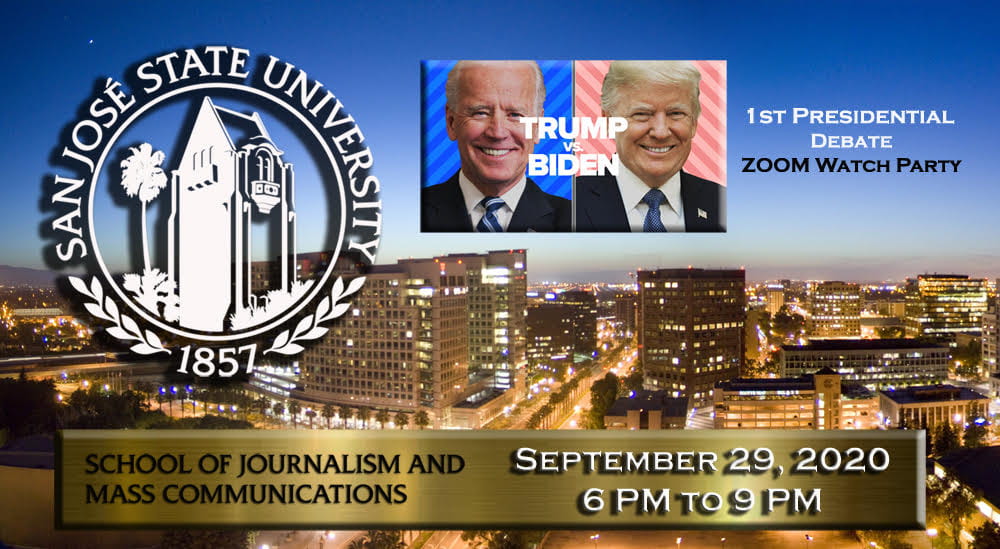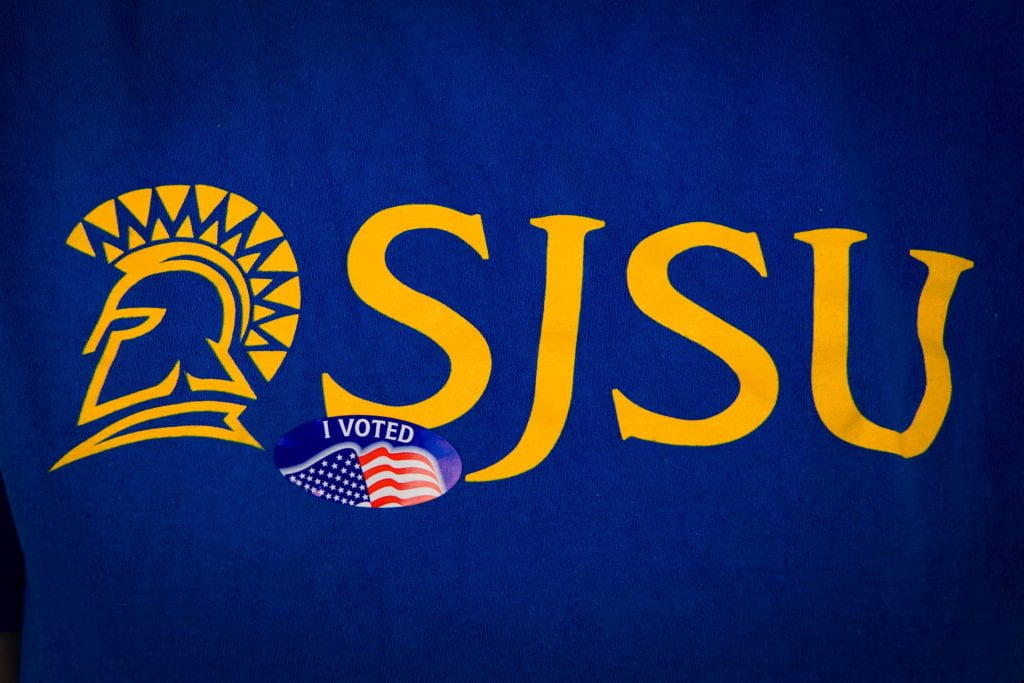Today is National Voter Registration Day, a nonpartisan initiative designed to celebrate our democracy.
In just six weeks, Americans will go to the polls on what the political commentator Michael Smerconish calls “the final day of voting.” This unique take on Election Day accurately takes into account that millions of votes already will have been cast—via absentee or early voting—and that Nov. 3 is the day when many voters visit their local polling station before the polls officially close.
Earlier this month, California surpassed 21 million active registered voters—the most in its history. Still, California Secretary of State Alex Padilla encourages eligible voters who have not yet registered to do so soon. Secretary Padilla’s office also is working to recruit more poll workers, whose numbers have declined this year due to the pandemic.
In addition to this year’s presidential election, many other important local and regional races will be decided, while countless issues will be voted on through ballot measures and propositions.
San José State, of course, is a highly-engaged university when it comes to issues related to our democracy and civic responsibility. It is one of the characteristics that defines us.
In March, I wrote a blog piece about “Super Tuesday” and the many ways in which the campus and our students were bringing visibility and enthusiasm to those elections. Among other events, we hosted a Town Hall discussion about Election Security at the Hammer Theatre and opened the new SJSU Voting Center in King Library.
Educating our students on their civic responsibility and helping to equip them to be engaged in their communities is a big part of our public mission as educators. A great example of that is our Institute for Public Affairs and Civic Engagement (IPACE), which houses our SJSU Votes! Initiative and facilitates the study of politics and public policy and the civic engagement of our students through internships, service learning and sponsorship of research talks.
SJSU Votes! began as a class project in fall 2018 and has continued as a voter registration, mobilization and education project. SJSU students studying political participation issues are currently assisting with the project.
Furthermore, SJSU’s Student Involvement, Associated Students and Solidarity Network are collaborating to ramp up efforts and engage our students in the democratic process. They have gone about their work through partnerships and collaboration—the best way possible!
Over the past few months, these civic-minded professionals and students have worked with departments across the campus to identify and bring together all Fall 2020 election-related programs into one place that makes it easy for students to access. They will help promote those resources to the entire campus through the Sammy App, Student Involvement website, and various department social media platforms and newsletters.
The mostly-virtual world in which we currently live has not dampened anyone’s enthusiasm. SJSU’s School of Journalism and Mass Communications, for example, is hosting a “Presidential Debate Watch Party” via Zoom next week! Though I am sure participants will have fun, make no mistake that they also will take the proceedings seriously and engage in spirited discussions about the debate, what the takeaways were and how the candidates fared.
What terrific work! I am so proud of everyone’s efforts.
Individuals who may not be eligible to vote, I should add, can still participate in the election process and have their voices heard. They can help amplify issues that are important to them by supporting organizations and causes that align with their values, for example, and they can take to their favorite social media platforms to elevate those issues. Even with the November election itself, motivated individuals can participate in phone banks, assist the elderly or disabled in getting to polling stations or engage in other “get out the vote” activities.
The ultimate goals are:
● to express the importance of voting and civic engagement;
● to inform voters on the multiple ways to vote;
● to increase voter confidence in their ability to make informed voting decisions;
● to help voters compare and contrast opposing viewpoints;
● to identify opportunities for continued participation and engagement regardless on one’s right to vote;
● and to help students recognize how elections impact individuals both locally and globally.
As I wrote in March, there are serious issues at play with all of us these days, issues that affect each one of us, our family, friends, and fellow Spartans, including the ongoing impacts of structural inequities, immigration, healthcare, the economy, education, international affairs, infrastructure and, now, the global pandemic.
This year’s Presidential election and congressional races could set the stage, policy-wise, for years ahead, both locally and nationally. It is gratifying to know that we, at San José State, are doing our part to prepare our students to participate actively in the democratic process.



